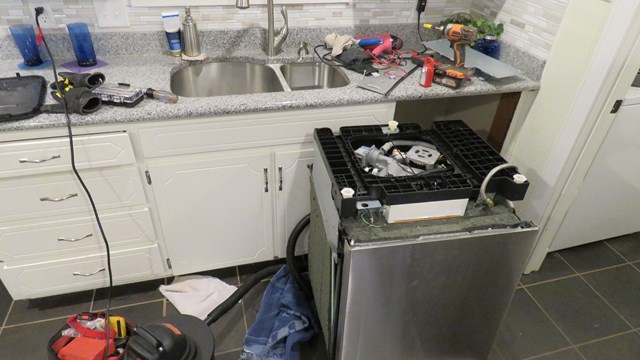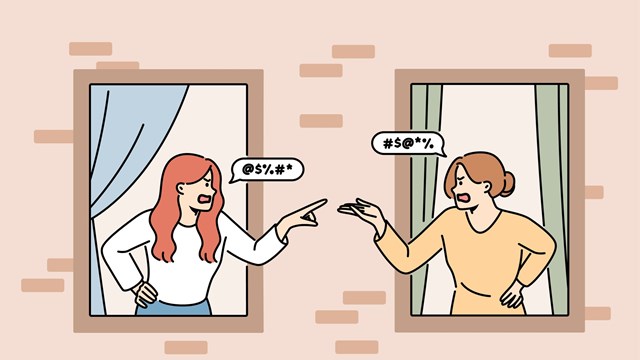Anyone living in a co-op knows that if they want to renovate their apartment, they will need to sign an alteration agreement. This document is basically a contract between the shareholder and the co-op in which the shareholder agrees to various terms and conditions, which will ensure that the co-op and other shareholders will not suffer damage during the renovation. Some shareholders are engaged in major renovations where items, such as pianos, are being hoisted up the side of the building or temporary elevators are built outside the building. Other shareholders are making changes, which can affect the building's heating and plumbing systems, as well as the other shareholders' apartments. It is quite common for demolition in one apartment to cause cracks and dust in a neighbor's apartment. These are all damages the co-op wants to protect against.
For all of these reasons, a shareholder may expect to have to agree to a variety of terms and conditions, some of which may be negotiable and most of which are not, before any work begins. The most important thing to the co-op is knowing exactly what work is being proposed. The co-op can assess that by examining the drawings prepared by the shareholder's architect. Once the co-op approves these drawings, the approved design is "fixed" as far as the building is concerned. Any revisions or major deviations may have to be approved by the co-op. This protects the building from situations where shareholders go too far with the work and exceed what was agreed to.
I handled a case where a shareholder had exceeded what the co-op had authorized and the board was insisting that the work be ripped out and the building wall be restored. After a lot of negotiation, a settlement with the co-op was achieved and the work was left intact.
The shareholder certainly should expect to reimburse the building for any expenses it incurs in connection with the renovation, e.g., fees to have an architect review the plans for the co-op; legal fees; and fees to remove any mechanic's liens. The co-op does not want to pay out-of-pocket because a shareholder wants to renovate his apartment.
The co-op will also be concerned about the length of time the work will continue and its effect on neighbors. Thus, it is increasingly common to see co-ops requiring completion dates and assessing liquidated damages for each day the project goes beyond that. Some buildings have specified times of the year when renovations can take place. Contractors performing the work must be very careful about committing to completion dates because the co-op's damage provisions are usually passed along to the contractor in his contract.
The shareholder should not simply sign what is presented, without having an attorney, who is knowledgeable about co-op and construction law, review it. There may be certain issues, which are out of the shareholder's control, which the co-op is seeking to hold him liable for. For example, if amending the Certificate of Occupancy must be done to complete the project and the co-op has open issues with the Building Department, which may prevent that from occurring in a timely fashion, that issue will have to be negotiated. Otherwise, the shareholder may wind up being assessed damages for delays, which he cannot control.
The same is true for ensuring that the shareholder is not blamed for damage to hallways, which may have been caused by another shareholder's renovation. It is important to document the condition of the hallways, and possibly even neighbors' apartments, before work begins. You do not want to pay for someone's paint job if the apartment needed to be painted anyway. Since shareholders will have to give substantial security deposits before beginning their work, they will want to be sure that the co-op does not deduct for so many items that there is nothing left to refund. Sometimes the co-op will participate in examining other apartments to confirm the status. Naturally this can only be done with the neighbors' consent.
There will be insurance requirements. There may also be a bond required. In the event that the shareholder has a dispute over payment with the architect or contractor, the shareholder must consider that the agreement requires him to get rid of any mechanic's liens. This gives the shareholder some incentive to try to sort out problems before liens are filed. In the event that a mechanic's lien is filed, the shareholder will have to retain counsel to bond it or the co-op may have its own attorney take steps to discharge it. These expenses will, of course, be billed back to the shareholder.
There are not a lot of areas where the agreement can be modified, but there are some. It is worthwhile to explore this with proper legal counsel to minimize unnecessary financial exposure to the shareholder.










2 Comments
Leave a Comment